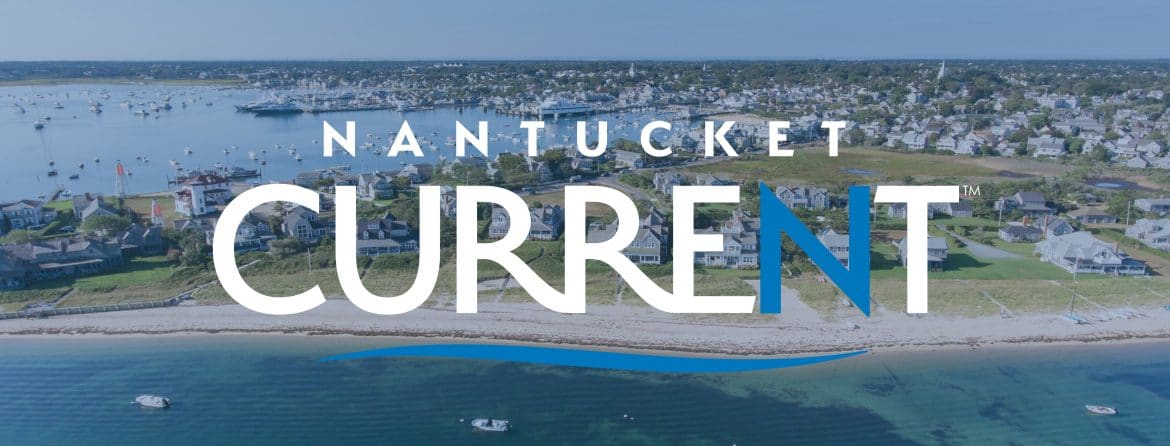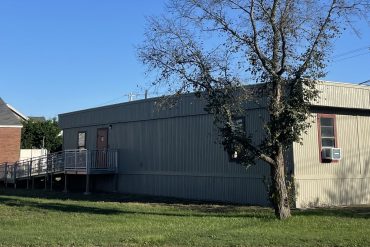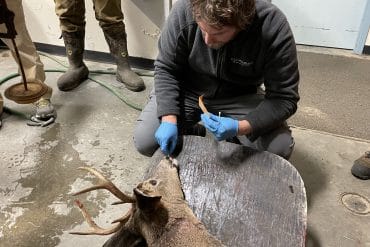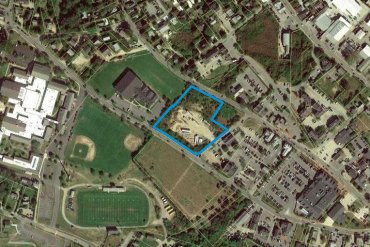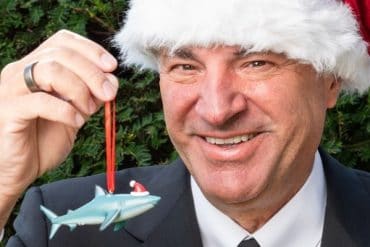When I asked my 7-year-old sister if she knew anything about Columbus Day, I didn’t really expect the answer I received. I mean, when I asked my 10-year-old sister if she knew what holiday was this Monday, she blinked and said there’s a holiday? And so, since my sister, who is in 4th grade, was not educated on Columbus Day — not in the wrong way, not in the right way… not at all — I didn’t have much higher expectations for the knowledge given to my 2nd-grade sister, either.
 Before I started writing this, I came up with my angle; my idea, my vision for the writing. Columbus Day— I was going to write about how, when I grew up in the public school system, I didn’t learn about Columbus Day. At least, not the right way. I mean I learned that we were celebrating the day that Columbus “discovered America”, all his heroic and groundbreaking and monumental accomplishments. I learned that that’s what we were celebrating. That’s what we’re supposed to be celebrating. That we were doing the right thing— the good thing. When I was in elementary school, I wasn’t taught that there have been millions of people already living in North and South America when Columbus arrived. I didn’t learn that he brought over influenza and smallpox, that his voyage was almost directly the cause of the transatlantic slave trade, that he killed and enslaved and mutilated the Indigenous people living in the areas he supposedly “discovered.” I learned all the happy-patriotic-exciting-fake-sugarcoated stuff that the system loves feeding to the kids. And I thought, maybe I can write about that.
Before I started writing this, I came up with my angle; my idea, my vision for the writing. Columbus Day— I was going to write about how, when I grew up in the public school system, I didn’t learn about Columbus Day. At least, not the right way. I mean I learned that we were celebrating the day that Columbus “discovered America”, all his heroic and groundbreaking and monumental accomplishments. I learned that that’s what we were celebrating. That’s what we’re supposed to be celebrating. That we were doing the right thing— the good thing. When I was in elementary school, I wasn’t taught that there have been millions of people already living in North and South America when Columbus arrived. I didn’t learn that he brought over influenza and smallpox, that his voyage was almost directly the cause of the transatlantic slave trade, that he killed and enslaved and mutilated the Indigenous people living in the areas he supposedly “discovered.” I learned all the happy-patriotic-exciting-fake-sugarcoated stuff that the system loves feeding to the kids. And I thought, maybe I can write about that.
So, when I asked my sister, Lora Popnikolova, a second grader at Nantucket Elementary Schools, if her teacher had taught her anything about the holiday tomorrow, I was expecting either an empty, confused look, or a childish spiel about the wonders of Christopher Columbus. Our conversation went a little something like this:
Lora, do you know what holiday we are celebrating tomorrow, and why we have the day off of school?
Columbus Day!
Right, and did you learn anything about it at school? Did your teacher talk about it at all? To this, she gave an enthusiastic nod.
“We learned that it is about the—” She fumbled for the world, though. She wasn’t really sure what they’d been called. Those people with the cool clothes that are very hot. I’m honestly still not very sure what she was trying to describe as “hot” — the clothes or Indigenous people? I offered some suggestions — Indians? She shook her head. Native Americans? That wasn’t what her teacher had called them, either. Their clothes are like… like made of bearskins sometimes. Indigenous people? She nodded. In-Indi-Indigenous people. After a few tries, she pronounced the word correctly. I was already pleasantly surprised — she’d learned about the holiday; they hadn’t taught her about Columbus, but rather Indigenous Peoples Day? And they hadn’t used outdated terminology to refer to the Indiginous population. They’d used an inclusive, modern term, a politically correct and sensitive term, encouraging children to learn and use it as well.
Maybe I wasn’t going to be able to write criticism after all.
“We learned that it is about the Indigenous people, how they used to be on this land and how we celebrate them. Their culture is different.” I mean, I couldn’t argue. For a second-grader, even the fact that she’d been taught and able to retain that bit of information was satisfactory for me. But, I was curious. If she’d learned about Indigenous Peoples Day, had the original Columbus Day been neglected? Had Columbus fallen from mention entirely?
Did your teacher talk to you about Columbus Day?
Another nod. I asked if she knew what it was about.
“It is about that Mr. Columbus,” (I felt sororal pride at my little sister being sarcastic about Christopher Columbus) “and how he “first” found the earth, but he didn’t really “first” found the earth.” She drew her fingers up in dramatic air quotes around first, even rolled her eyes.
It’s safe to say I was… impressed. Learning about Indigenous People’s Day, and Indigenous culture instead of Columbus Day was one thing — but learning Columbus Day truth, and learning to scorn Chrisopher Columbus was another thing entirely. I didn’t think we hadn’t really grown enough for that, as an island. As a school, as a community. I didn’t think we had changed enough. That we’d gotten that far.
But I guess things have changed m0re than I thought they have. If my little 7-year-old sister can learn about Indigenous people, about the negative connotations surrounding Christopher Columbus’s “accomplishments” for which he’d gained his fame, and can appreciate a culture separate from her own, maybe we did good. Maybe things are moving forwards. Maybe we have taken some steps in the right direction. And there’ll always be room for improvement; there’ll be ten-year-olds who have no idea what Columbus Day is and classrooms that still teach Columbus up to be a hero, but having things to work on is how we progress. For now, we can revel in all the wins — like the 2nd graders who’ve been educated by their school on the term “Indigenous”. We, as a community, worked towards that. We did that. We did good.
Yeah, we did good. We’ve done good. We’re doing good. And we will do even more good.


